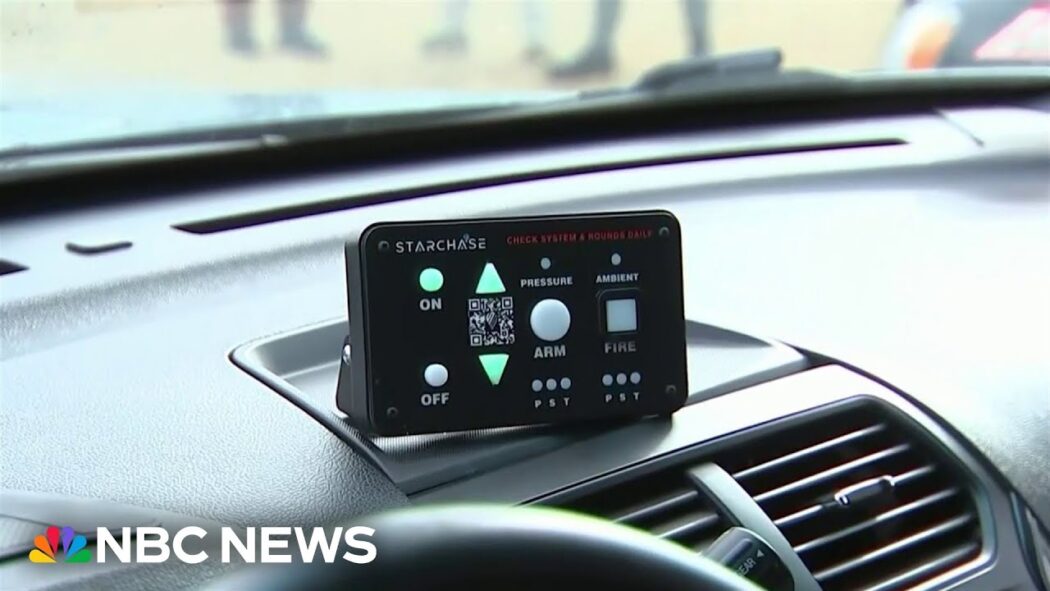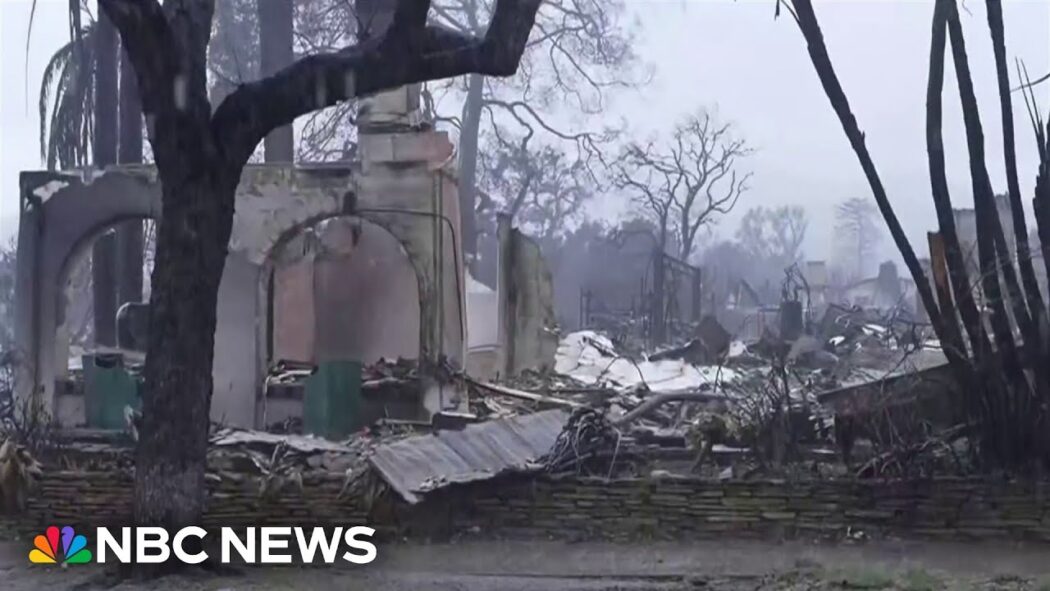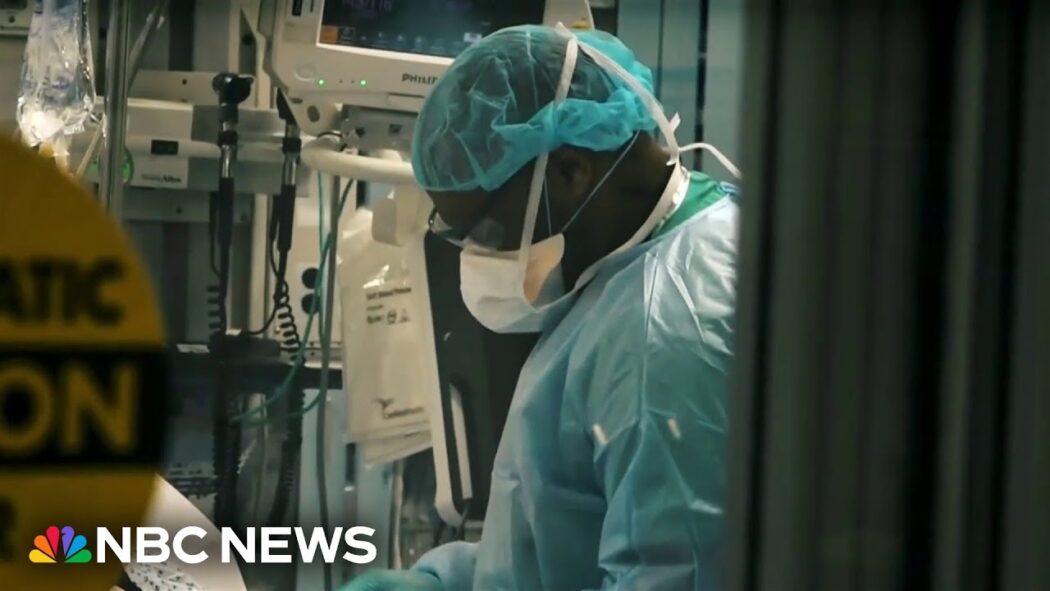Why “data for good” initiatives mostly failed to impact the COVID-19 public health crisis – and how to improve
image: Travel patterns out of Manhattan measured using mobile phone data in the days leading up to the lockdown in March 2020 view more
Try Adsterra Earnings, it’s 100% Authentic to make money more and more.

Credit: Nishant Kishore
Inspired by their own experiences, representatives of a data-driven initiative to aid the COVID-19 response have outlined what they view as major obstacles to the successful use of novel data released by technology companies in times of crisis. Caroline Buckee of the Harvard T.H. Chan School of Public Health in Boston, Massachusetts, and colleagues present these views in the open-access journal PLOS Digital Health on January 18, 2022.
Technology companies collect vast amounts of data on their users, including users’ geographic locations. During the COVID-19 pandemic, many companies made some of their user data publicly available in order to aid public health efforts, such as monitoring the impact of social distancing policies or travel restrictions. However, Buckee and colleagues note, many efforts to harness these “data for good” failed to make a significant impact.
The authors are part of Crisis Ready (crisisready.io), in which epidemiologists help policy makers understand and use insights from human mobility data released by technology companies. In this capacity, they have now identified challenges that hinder other efforts to use novel forms of data as part of disaster response.
First, they note, data-sharing agreements between researchers and technology companies were hastily arranged during the pandemic. They call for data providers, researchers, and public health agencies to draw up pre-established agreements that will be ready for implementation in future crises.
Buckee and colleagues also observe that a lack of standardization, interoperability, and clarity on uncertainties or biases in novel datasets resulted in the need for highly specialized professionals to process this data. To address this challenge, data access and characteristics can be negotiated prior to a disaster.
The authors also call for global investment in training more professionals to be able to analyze complex data to produce insights that are useful for decision making during a disaster. In addition, they strongly emphasize the need for local response agencies to collaborate closely with regional scientists who, in turn, support each other through a global network.
Without such efforts, the authors say, no amount of data donated by technology companies will benefit communities during a crisis.
Dr Buckee notes: “It is still very difficult to translate the vast amounts of digital data that are owned by companies into useful public health tools, despite their incredible potential for transforming decision-making during health emergencies. We need to build a global cohort of data scientists and epidemiologists who can support local governments, and put in place the data pipelines and analysis tools before disasters hit, so that local responders have context-specific information when they need it most.”
#####
In your coverage please use this URL to provide access to the freely available article in PLOS Digital Health: https://journals.plos.org/digitalhealth/article?id=10.1371/journal.pdig.0000010
Citation: Buckee C, Balsari S, Schroeder A (2022) Making data for good better. PLOS Digit Health 1(1): e0000010. https://doi.org/10.1371/journal.pdig.0000010
Author Countries: U.S.A.
Funding: The authors’ related research is supported by grants from the Harvard Data Science Initiative (CB,SB), Schmidt Futures (CB,SB), Google.org (CB,SB,AS) and Facebook Data for Good (AS). The funders had no role in the decision to publish, or in the preparation of the manuscript.
Competing Interests: The authors are co-directors of CrisisReady.io, a research-response platform at Harvard and Direct Relief advancing data driven decision-making in crisis. CrisisReady funders had no role in the decision to publish, or in the preparation of the manuscript.
Method of Research
Commentary/editorial
Subject of Research
Not applicable
Article Title
Making data for good better
Article Publication Date
18-Jan-2022
COI Statement
The authors are co-directors of CrisisReady.io, a research-response platform at Harvard and Direct Relief advancing data driven decision-making in crisis. CrisisReady funders had no role in the decision to publish, or in the preparation of the manuscript.
Disclaimer: AAAS and EurekAlert! are not responsible for the accuracy of news releases posted to EurekAlert! by contributing institutions or for the use of any information through the EurekAlert system.
More Story on Source:
*here*
Why “data for good” initiatives mostly failed to impact the COVID-19 public health crisis – and how to improve
Published By

Latest entries
 allPost2025.01.27New police chase technology aims to make pursuits safer
allPost2025.01.27New police chase technology aims to make pursuits safer allPost2025.01.27Nightly News Full Episode – Jan. 26
allPost2025.01.27Nightly News Full Episode – Jan. 26 allPost2025.01.27Rain storm batters L.A., threatening mudslides as residents return after wildfires
allPost2025.01.27Rain storm batters L.A., threatening mudslides as residents return after wildfires allPost2025.01.27Flu hospitalizations rise as COVID hospitalizations decrease nationwide
allPost2025.01.27Flu hospitalizations rise as COVID hospitalizations decrease nationwide







132 replies on “Why “data for good” initiatives mostly failed to impact the COVID-19 public health crisis – and how to improve”
can i buy tadalafil in mexico
average cost of cialis 20mg
buy septra antibiotic
colchicine over the counter uk
xenical prescription coupon
where can i buy dapoxetine in singapore
where to buy diflucan
robaxin 250 mg
avodart uk pharmacy
can you safely buy viagra online
cozaar 100 mg
viagra generic wholesale
atarax 100 mg
discount sildalis 120mg
can i buy tadacip without rx
lisinopril 2.5 mg coupon
amoxicillin 5000 mg
how much is trazodone 100 mg
dapoxetine 60 mg tablet price
lisinopril 3
propecia cost in canada
allopurinol 100mg price
zovirax 5 cream cost
online pharmacy indonesia
can i buy diflucan without a prescription
neurontin 1000 mg
bupropion sr 100mg
digoxin bradycardia
lisinopril price in canada
erectafil 20 for sale
where to buy amoxicillin in singapore
trazodone cost uk
cost of flagyl
medicine albendazole
hydroxychloroquine 1mg
allopurinol 2 300 mg
suhagra 100mg cheap
seroquel gel
atarax tablet price in india
citalopram hydrobromide 20mg tab
prednisone cost 10mg
generic plavix
celexa 50mg
lasix canada no prescription
ivermectin price uk
canada arimidex
cost of metformin tablets
order cymbalta 60 mg online
clomid canada
buy albendazole 400 mg
generic viagra 100mg price in india
plaquenil tablets
buy plaquenil uk
strattera 50 mg price
erectafil
levitra tab 20mg
amoxicillin 500mg capsule price
discount sildalis 120mg
diflucan tablets buy
cialis online pharmacy india
wellbutrin buy online
wellbutrin 150 mg price
metformin mexico
average price of doxycycline
diflucan prices
propranolol 1mg
bactrim ds tablets
buy wellbutrin sr
zyban in uk
furosemide 40 mg pill
where to buy elimite cream
propecia online prescription
trazodone 100
doxycycline tablets in india
best price for sildenafil 100 mg
where to buy prozac in singapore
generic doxycycline
clomid online pharmacy
cialis 40mg australia
where can i buy cialis online in canada
cheap viagra 100mg tablets
amoxicillin generic brand
propecia women
can i buy viagra online with paypal
doxycycline iv
metformin 500 mg over the counter
viagra comparison
clomid brand
augmentin online buy without prescription
women viagra pills for sale
modafinil online canada
buy sildenafil tablets 100mg
buy sildenafil with visa
cialis daily in india
trazodone 1000 mg
canadian drugstore viagra
modafinil online pharmacy usa
desyrel 50
paroxetine 7.5 mg cost
cheap cialis for daily use
viagra generic
price of ivermectin tablets
buy tadalafil in india
order cialis online australia
clomid brand
cost for cialis for daily use
ivermectin tablets order
sildenafil citrate australia
colchicine without prescription
levitra lowest price
where to buy tadalafil 20mg
sildenafil for sale uk
furosemide 20 mg for sale
tadalafil india 5mg
combivent cost price
levitra tablets
medication allopurinol
zestril 40 mg
buy amoxicillin australia
where i can buy metformin without a prescription drugs
cialis levitra
buy tadalafil over the counter
cheapest pharmacy for prescriptions without insurance
75 mg sildenafil
amoxicillin generic over the counter
gabapentin 1000mg tablet
doxycycline 100mg tablet doxycycline 100mg tablet price in india
https://doxycycline100mg.site/# order doxycycline 100mg without prescription
https://prednisone20mg.site/# buy prednisone without a prescription best price
dating usa singles dating
generic drugs without doctors prescription discount prescription drugs
Эффективное воздухонепроницаемость фасадов — счастье и экономическая эффективность в вашем недвижимости!
Согласитесь, ваш недвижимость заслуживает превосходного! Теплосбережение обшивки – не просто решение для сбережения на отоплении, это вкладывание в удобство и надежность вашего здания.
✨ Почему теплоизоляция с нашей компанией?
Мастерство: Наша команда – квалифицированные. Мы все заботимся о всей, чтобы обеспечить вашему коттеджу идеальное воздухонепроницаемость.
Стоимость услуги теплоизоляции: Мы ценим ваш бюджет. [url=https://stroystandart-kirov.ru/]Утепление фасада расценка[/url] – от 1350 руб./кв.м. Это вложение капитала в ваше комфортное будущее!
Сберегательность: Забудьте о потерях тепловой энергии! Наша технология не только сохраняют тепловую энергию, но и дарят вашему недвижимости новый уровень теплосбережения энергоэффективности.
Устроите свой домовладение теплым и уютным и привлекательным!
Подробнее на [url=https://stroystandart-kirov.ru/]http://n-dom.ru/
[/url]
Не предоставляйте без внимания свой жилье на волю случайности. Доверьтесь специалистам нашей компании и создайте уют вместе с нами-специалистами!